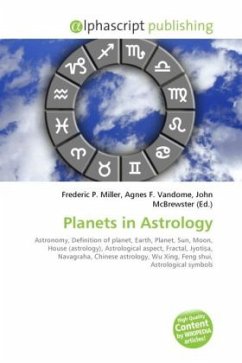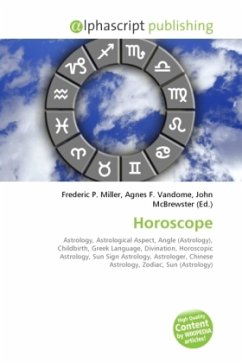Planets in astrology have a meaning different from the modern astronomical understanding of what a planet is. Before the age of telescopes, the night sky was observed to consist of two very similar components: fixed stars, which remained motionless in relation to each other, and wandering stars, (in ancient Greek: asteres planetai) which appeared to shift their positions relative to the fixed stars over the course of the year. To the Greeks and the other earliest astronomers, this group comprised the five planets visible to the naked eye and excluded the Earth. Although strictly the term "planet" applied only to those five objects, the term was latterly broadened, particularly in the Middle Ages, to include the Sun and the Moon (sometimes referred to as "Lights"), making a total of seven planets. Astrologers retain this definition today. To ancient astrologers the planets represented the will of the gods and their direct influence upon human affairs. To modern astrologers the planets represent basic drives or impulses in the human psyche.
Bitte wählen Sie Ihr Anliegen aus.
Rechnungen
Retourenschein anfordern
Bestellstatus
Storno








